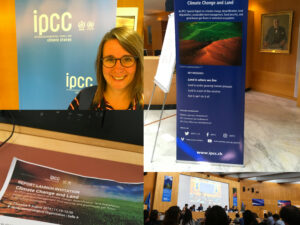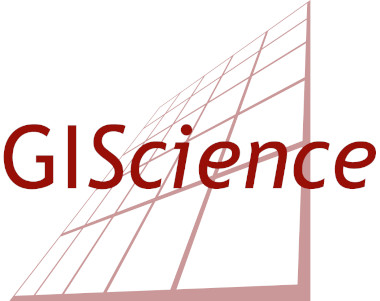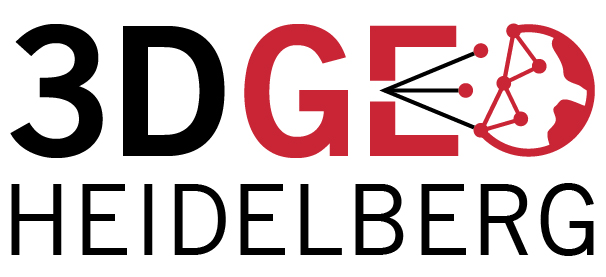On 8 August 2019, Dr. Nicole Aeschbach (TdLab Geography) attended the launch event for the IPCC special report on climate change, desertification, land degradation, sustainable land management, food security, and greenhouse gas fluxes in terrestrial ecosystems (SRCCL) at the World Meteorological Organization (WMO) in Geneva, Switzerland. After an introduction by Hoesung Lee, Chair of the Intergovernmental Panel on Climate Change (IPCC), the key findings from the SRCCL were presented by leading scientists of the IPCC working groups.
The SRCCL highlights that human use directly affects more than 70 % of the global, ice-free land surface and that there are strong connections between agriculture, forestry and other land use, and greenhouse gas emissions. The key messages are: „Land is where we live.“, „Land is under growing human pressure.“, „Land is a part of the solution.“, „But it can’t do it all.“ The urgent need to make land use sustainable is clear from the report.
The new IPCC special report is of great importance also for the future work of the TdLab Geography with its focus on „Geographies of Climate Change“. In many of the addressed fields of action, it will be crucial to develop solutions together with stakeholders and to apply innovative transdisciplinary research methods.



